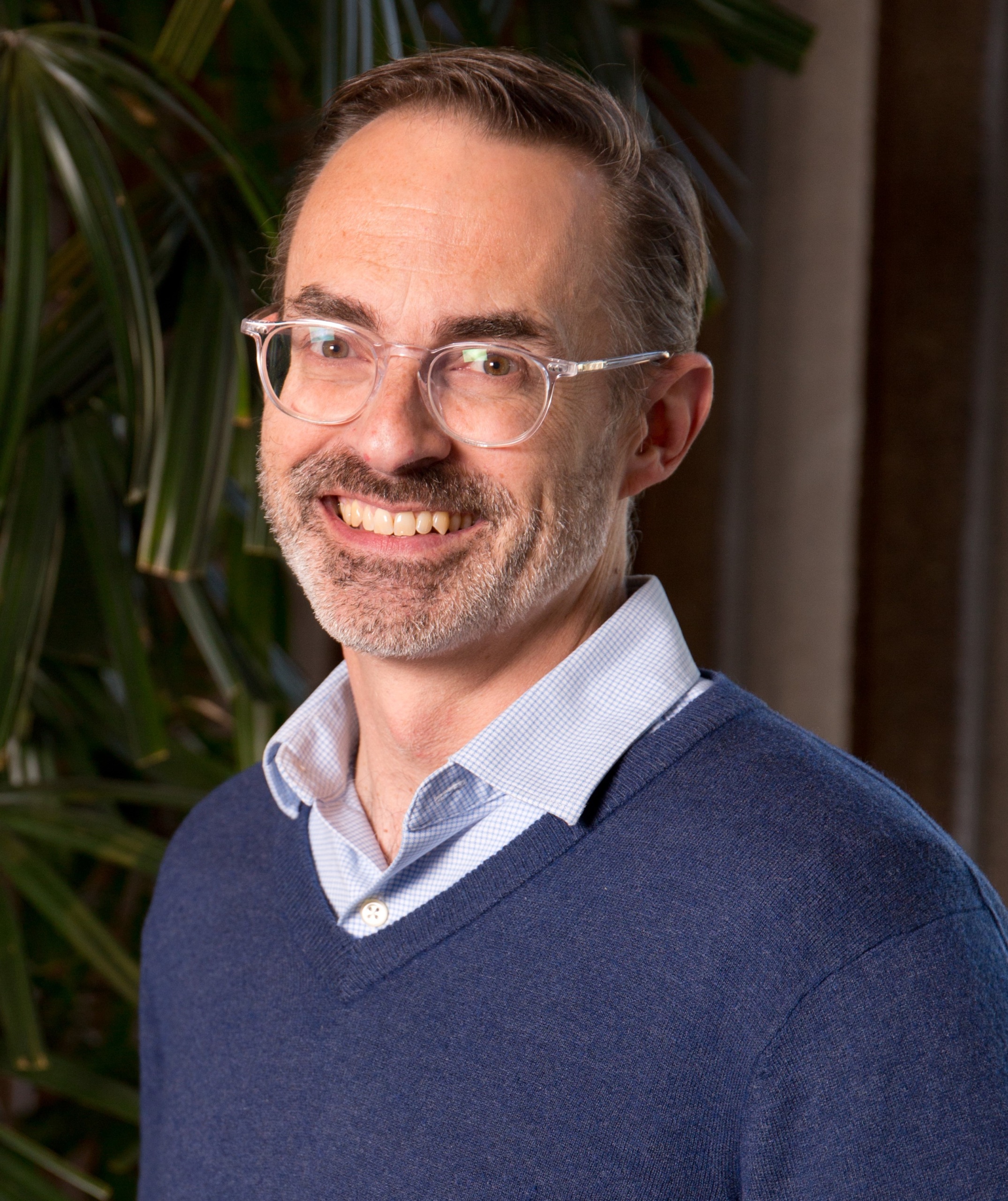
Another Vision of the Way Forward on Energy and Climate
RMI’s latest effort, Reinventing Fire, shows how aggressive implementation of clean energy technologies can move the United States toward complete freedom from fossil fuels by 2050 – well within my kids’ expected lifetimes and possibly (if I’m lucky) my own.
In the world of clean energy research, few organizations have as much experience and credibility as the Rocky Mountain Institute (RMI). For nearly three decades, RMI has worked to explore the frontiers of clean energy technology and encourage the uptake of those technologies in the marketplace.
RMI’s latest effort, Reinventing Fire, shows how aggressive implementation of clean energy technologies can move the United States toward complete freedom from fossil fuels by 2050 – well within my kids’ expected lifetimes and possibly (if I’m lucky) my own. It also underscores several points that we made in our recent report, The Way Forward on Global Warming with Environment America Research & Policy Center:
- You don’t need nuclear power to solve global warming. RMI’s Reinventing Fire vision simultaneously ramps down nuclear power at the same time as it liberates the United States from dependence on fossil fuels. How does it do it? By building a new electricity system that is “customer-centric,” “renewable, distributed and resilient.” As we’ve argued previously, this is a vision fundamentally at odds with a future reliant on large, costly, centralized nuclear power plants that come with major risks to the environment and public health. Investing in new nuclear power plants will only set us back in the race to build a truly sustainable electricity system.
- You don’t need an act of Congress to take the lead. RMI points out that the achievement of its vision for a fossil fuel-free future does not require any action by Congress, but rather can be achieved through thoughtful changes to public policies at the local, state and federal administrative level, as well as individuals and businesses taking advantage of the economic opportunities presented by the new energy economy. I tend to think that it will require greater policy changes – including, eventually, adoption of a comprehensive energy and climate bill in Congress – to achieve the goal of breaking our dependence on fossil fuels. But I agree in spirit with RMI that seemingly small changes in policy can yield big dividends in the near term and should be the focus of our attention even as we work to change the politics in ways that make a comprehensive solution possible.
- You don’t need to wait for technological breakthroughs. Deployment of existing clean energy technologies can get us a big chunk of the way to our emission reduction goals, giving us time to develop and integrate new technologies as they are developed. As a corollary, Reinventing Fire suggests that we don’t need to wait for the creation of new policy tools either – in fact, much of the job of repowering our economy can be done by achieving universal implementation of the most visionary policies that are currently in place. As the executive summary states, “Our analysis assumes that on average, the entire United States will ramp up over decades to the rates of efficiency and renewables adoption that the most attentive states have already achieved. Whatever exists is possible.” As we’ve shown in our research for The Way Forward and for our 2009 report, America on the Move, state policies are already delivering big, positive changes in our energy system and sizeable reductions in our impact on the climate.
- A fossil fuel-free future can be economically prosperous. RMI’s vision assumes continued economic growth, supported by energy efficiency and the use of renewable energy. As the executive summary to Reinventing Firestates, “The notion that U.S. competitiveness depends on cheap, or cheap-appearing, energy wastefully used is a myth.”
If you want to get a sense of what our energy system could look like if we seize the opportunity, check out RMI’sReinventing Fire website at rmi.org/ReinventingFire.
Authors
Tony Dutzik
Associate Director and Senior Policy Analyst, Frontier Group
Tony Dutzik is associate director and senior policy analyst with Frontier Group. His research and ideas on climate, energy and transportation policy have helped shape public policy debates across the U.S., and have earned coverage in media outlets from the New York Times to National Public Radio. A former journalist, Tony lives and works in Boston.
